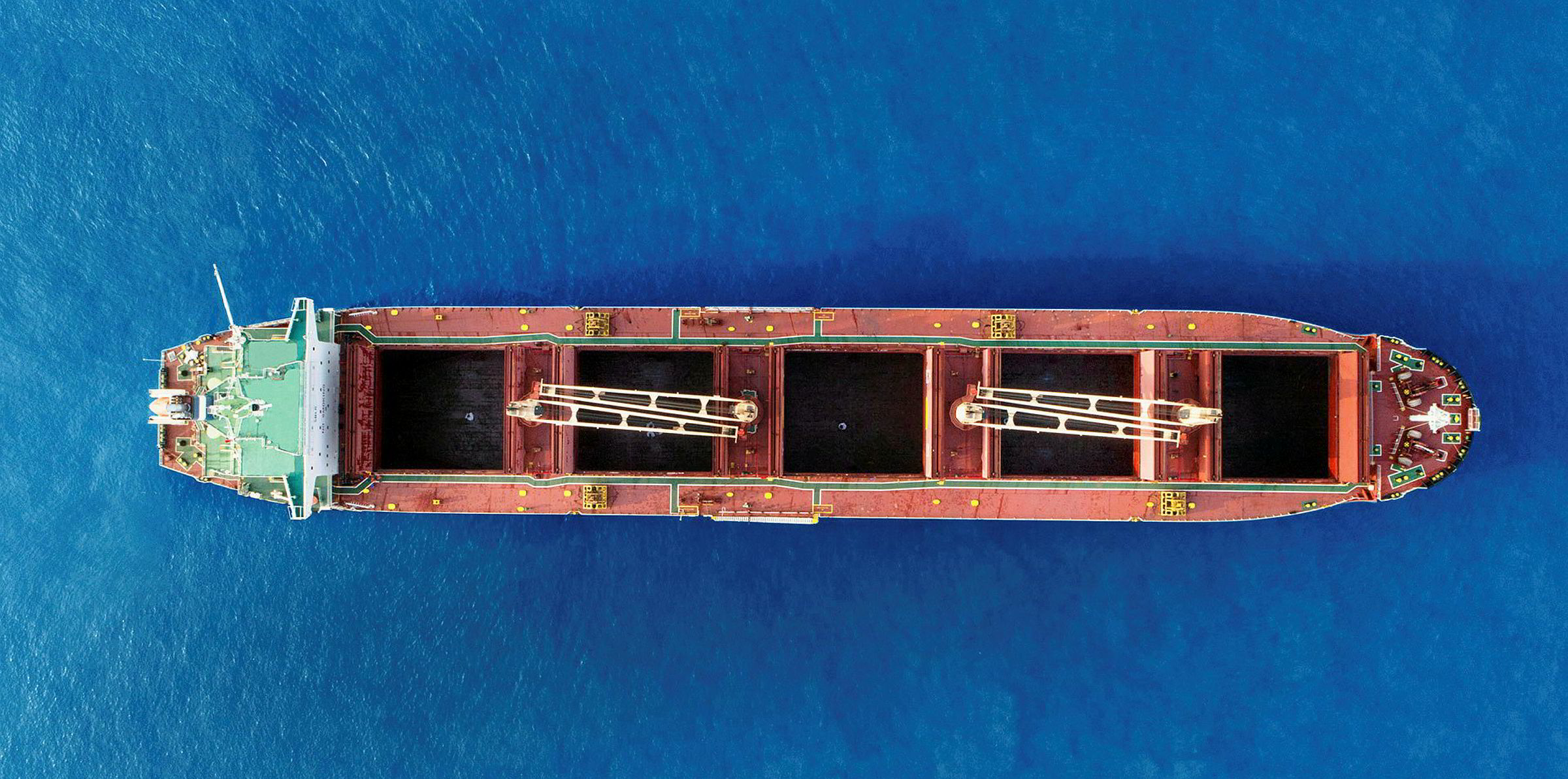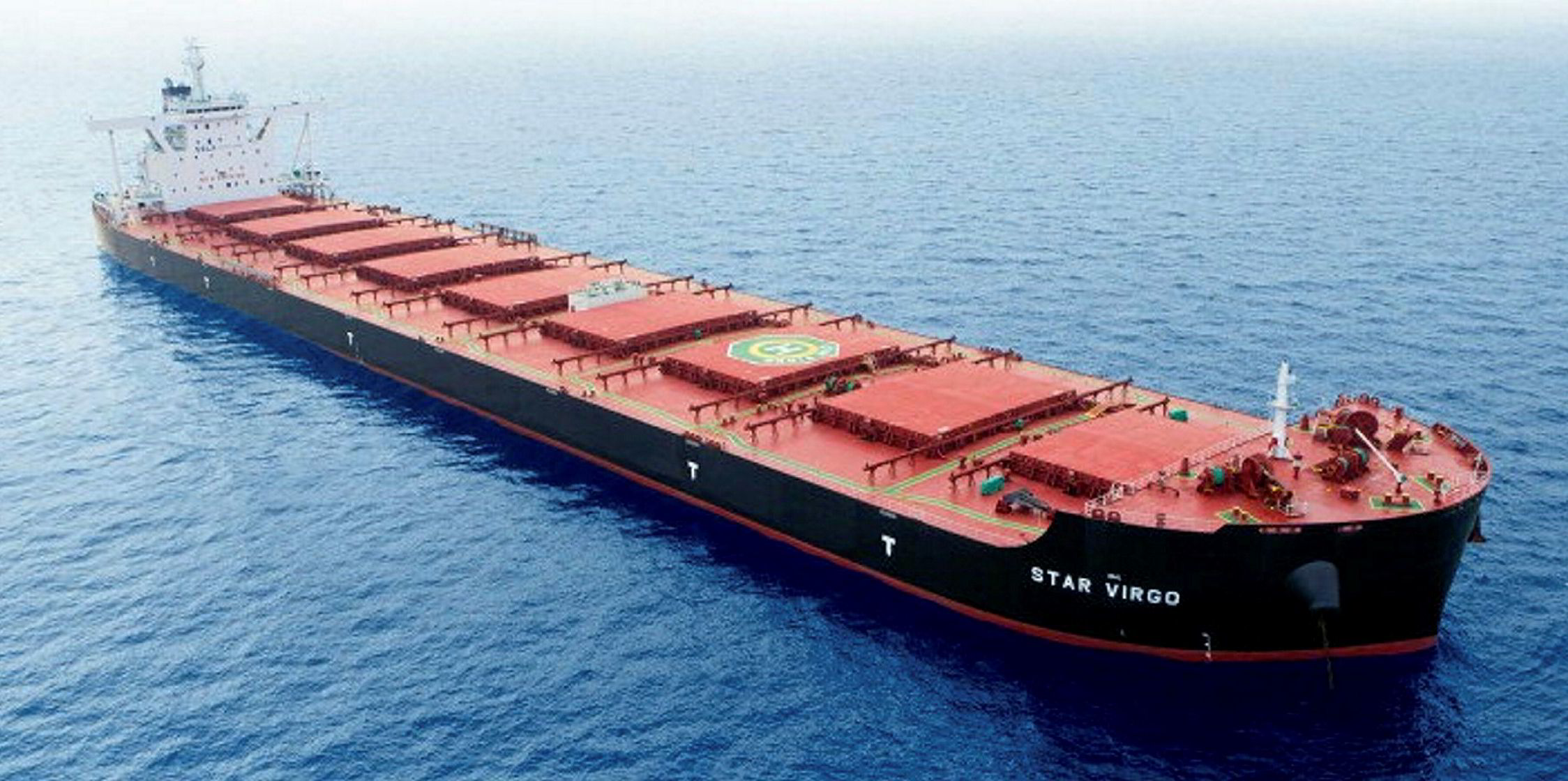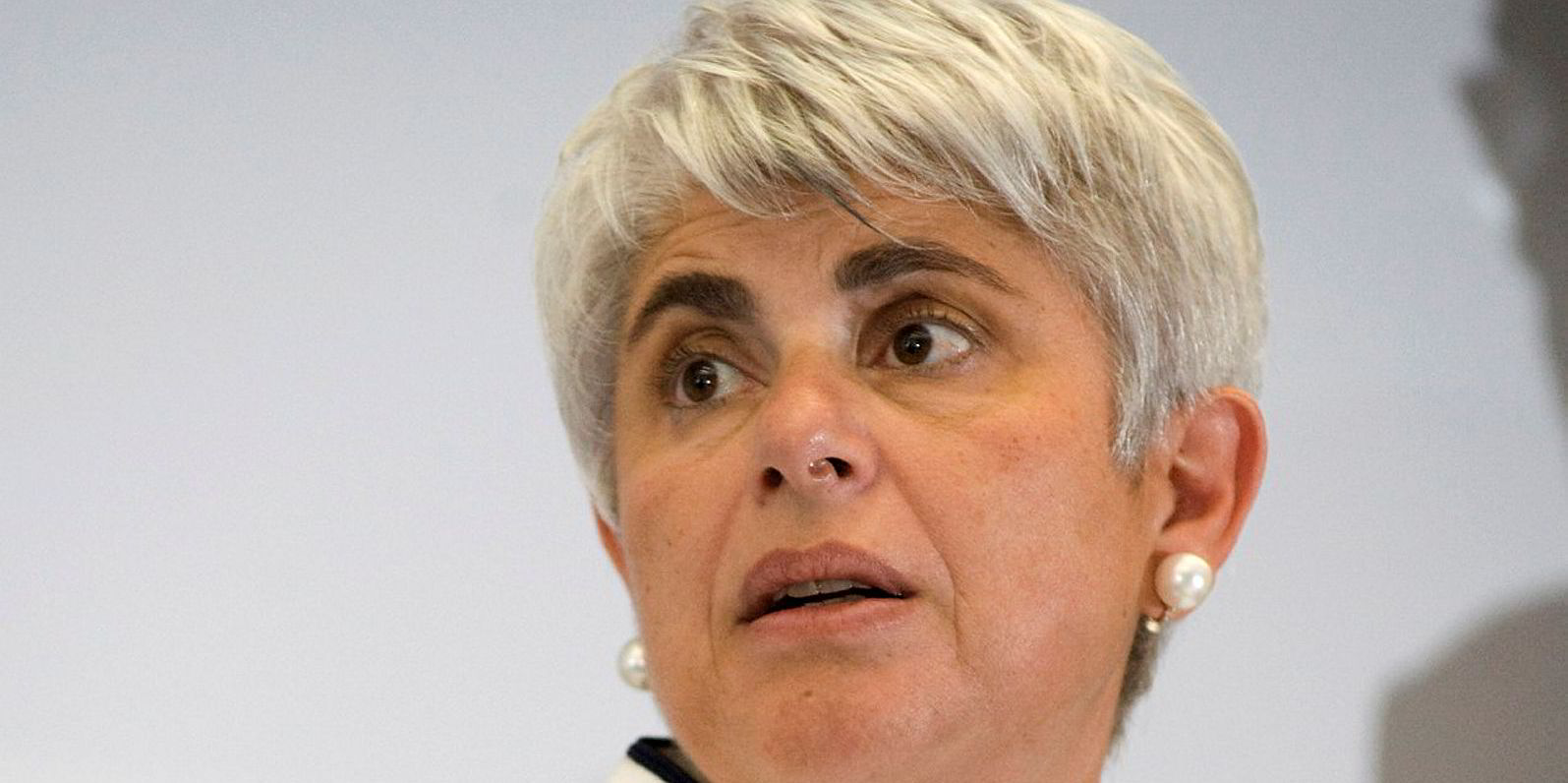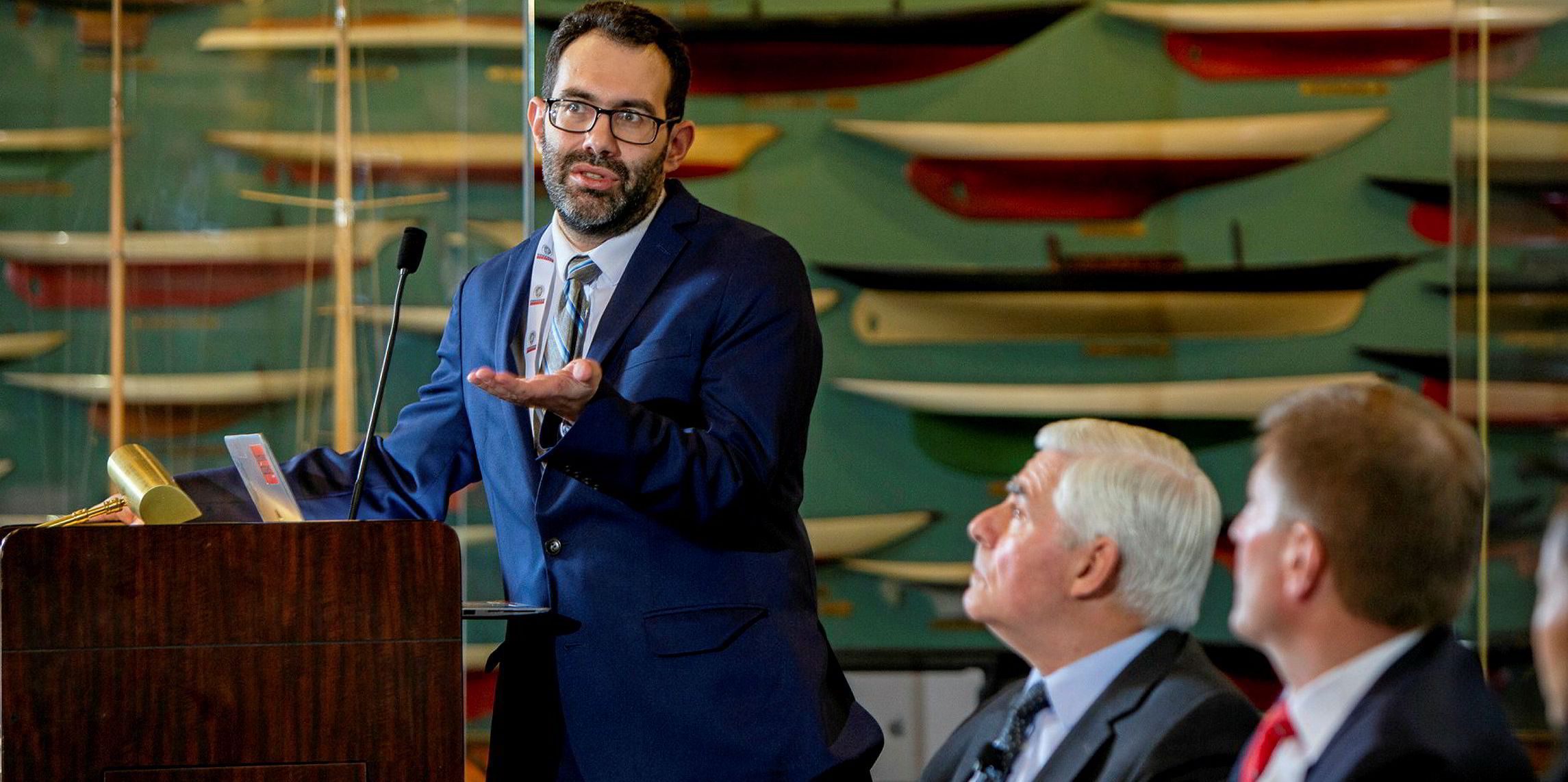TradeWinds has uncovered more of the story behind Star Bulk's decision to increase its chartering activities in Singapore and close its Star Logistics Management office in Switzerland.
The Nasdaq-listed shipowner established Star Logistics Management as a freight-trading outfit in late 2017 but on Thursday revealed its activities have been transferred to a newly established subsidiary called Star Bulk (Singapore).
The group will retain the Star Logistics name, but the business in Geneva was closed about a month ago.
Sources close to the company said the shift to the Far East is mainly due to a change in Star Bulk's chartering strategy after suffering losses.
But the move also follows a personnel shake-up at the Geneva office at the end of last year.
Leonidas Giannakopoulos is no longer Star Logistics' chief executive and has set up his own business elsewhere, according to a source.
Giannakopoulos' departure was "amicable" and followed discussions with Star Bulk in which both sides agreed the Star Logistics venture was not going to work out the way it had been envisaged, the source said.
New Aquatrade venture
Freight trader John Karadimos also left Star Logistics late last year and is now head of freight trading at Aquatrade, an Athens-based outfit backed by Adamantios Lemos, who also controls Unisea Shipping.
Aquatrade emailed clients in November to announce its incorporation and its plans to focus on bulkers ranging from ultramax to kamsarmax.
"The company is well capitalised and intends to grow slowly and steadily with an emphasis on creating long-term relationships with both shipowners and cargo interests," the Kifissia-located firm said in the email.
Karadimos focused on the ultramax and panamax segments during his 12 months at Star Logistics, before moving on last September, according to his LinkedIn profile.
He declined a request for comment.
Another Star Logistics man, Eduardo Basetti, left the company about six months ago to join d’Amico in Monaco, a source said.
Shift in Star's strategy
Star Bulk established Star Logistics three years ago to focus on grain charters for kamsarmaxes and geared ships.
Star Logistics chartered third-party vessels on periods of up to 12 months to increase Star Bulk's overall operating capacity.
But the run up to the IMO 2020 deadline prompted a shift in Star Logistics' strategy, which ultimately led to the Geneva office being unwound, according to a source.
As the IMO date approached, Star Bulk found it could fix its vessels on time charter "even better" than on a voyage basis, the source said, which meant the Geneva office became increasingly redundant.
"The Singapore office allows us to have access to cargoes six hours earlier than Athens and that gives us an advantage over competition, or so we deem," the source said, speaking on condition of anonymity.
The source confirmed Star Logistics was a loss-making business, but said this was mainly due to overheads, rather than losses on the cargoes themselves.
Such losses had been anticipated in the company's business plan, the source added.
Star Bulk's charter-in hire expenses for the full year 2019 totalled $126.8m, up from $92.9m in 2018, mainly due to the activities of Star Logistics.
Charter-in days also increased from 5,089 days in 2018 to 6,843 days last year, according to Star Bulk's year-end report.









